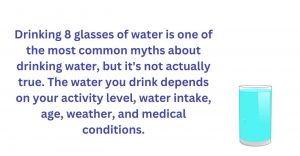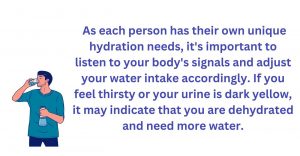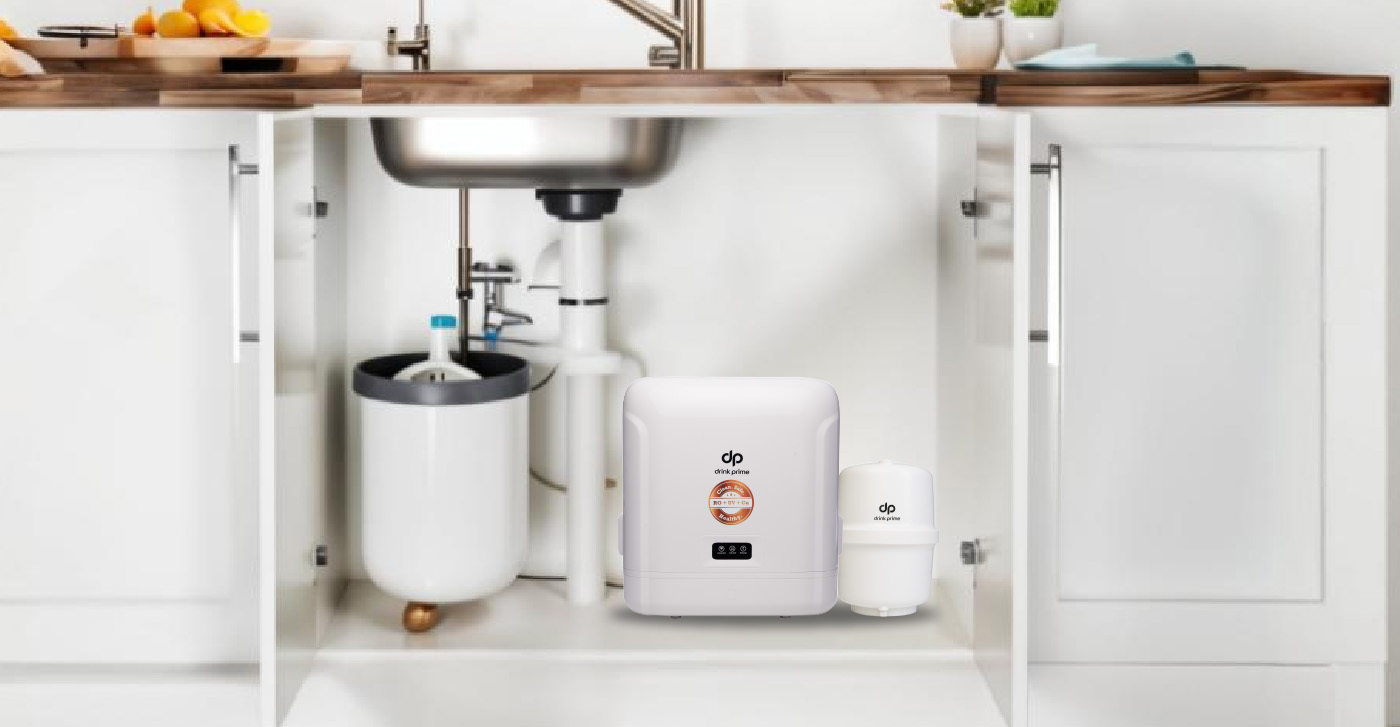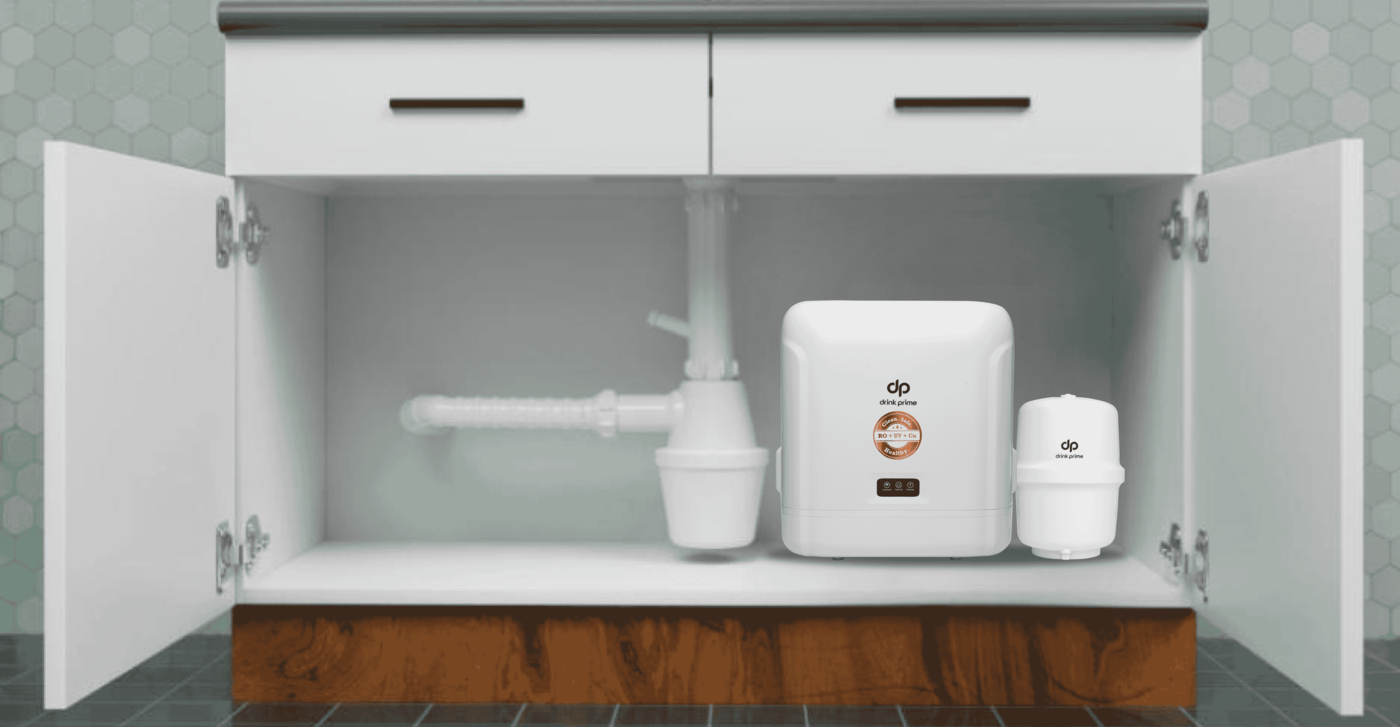Water needs no introduction- without it, there will be no life on Earth. It also makes up about 60% of our body weight and is involved in many critical bodily functions, such as regulating body temperature, transporting nutrients, and removing waste. But there are also many myths and misconceptions about drinking water which can make it difficult to understand what to do and what not to do.
From the infamous “drink 8 glasses of water a day” myth to the belief that cold water is better for you- there are so many misunderstandings around this precious resource. But good news! We’ll debunk popular myths that have been circulating for years and provide you with evidence-based facts about drinking water to set the record straight once and for all!
Whether you’re a health enthusiast, a fitness fanatic, or just someone curious about the science behind hydration, we’ve got you covered. So, if you’re ready to separate the truth from the myths and gain a deeper understanding of the importance of hydration, read on!
10 Myths and Facts about drinking water
Let us have a look at some of the popular myths and facts about drinking water:
Myth 1: You need to drink 8 glasses of water a day.

Fact: This is one of the most common myths about drinking water, but it’s not actually true. The water you drink depends on your activity level, water intake, age, weather, and medical conditions. For eg: people who are physically active or live in humid places need more water. If your diet contains a lot of fruits and vegetables, you may not have to drink 2 liters of water. So one of the facts about drinking water is to drink enough water to keep your urine clear or light yellow.
Myth 2: You can determine water quality by its taste or appearance alone.
Fact: Taste and appearance can provide some indications of water quality, but they are not reliable indicators of potential contaminants.
Myth 3: There is no such thing as drinking too much water.
Fact: While it’s important to stay hydrated, it is possible to drink too much water. This can lead to a condition called hyponatremia, which is a decrease in sodium levels in the blood. Hyponatremia can cause a variety of symptoms, including nausea, vomiting, headache, and confusion. This is one of the most important facts about drinking water because in severe cases, it can even turn into something serious.
Myth 4: Water that looks clean and clear is always safe to drink.
Fact: Water can appear clean and clear while still containing harmful contaminants. Microorganisms, chemicals, or pollutants may not be visible to the naked eye. Testing is necessary to assess water safety accurately.
Myth 5: You should drink water immediately after eating to aid digestion
Fact- There’s no scientific evidence to support the claim that drinking water immediately after eating aids digestion. It’s generally recommended to drink water when you feel thirsty, regardless of meal timing.
Myth 6: If you’re not thirsty, you’re hydrated.
Fact: The fact about drinking water is that thirst is not always a great indicator of how much water you need. In fact, by the time you feel thirsty, you’re already slightly dehydrated. So, it’s important to drink water even if you’re not feeling thirsty.
Myth 8: You can get all the water you need from food.
Fact: It is possible to get some of the water you need from food, but you’ll still need to drink water as well. One of the best facts about drinking water is fruits and vegetables are especially good sources of water. But the truth is nothing can beat regular water when it comes to adequate hydration!
Myth 9: Sports drinks are the best way to rehydrate after exercise.
Fact: Sports drinks contain large amounts of sugar, artificial additives, and calories. For this reason, regular water is the best way to rehydrate after exercise.
Myth 10: Flavored water is just as hydrating as plain water.
Fact: Flavored water can be a refreshing alternative to plain water, but it’s important to choose flavored waters that are low in sugar. Sugary drinks can actually dehydrate you, so it’s best to avoid them.
Get 7 Days Risk Free Trial
Conclusion

So, there you have it. 10 popular myths and facts about drinking water! As you can see, there’s no one-size-fits-all answer to how much water you should be gulping down. It depends on your individual factors, like your activity level, climate, and health status. But one thing is for sure: staying hydrated is essential for good health.
Even mild dehydration can have negative consequences, so staying on top of your water intake is super important. As each person has their own unique hydration needs, it’s important to listen to your body’s signals and adjust your water intake accordingly. If you feel thirsty or your urine is dark yellow, it may indicate that you are dehydrated and need more water.
Now that you know the true facts about drinking water, you can stay hydrated and healthy always!



